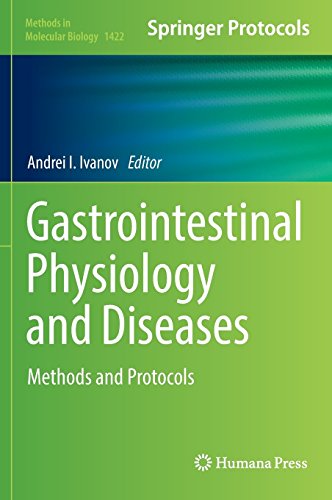

Most ebook files are in PDF format, so you can easily read them using various software such as Foxit Reader or directly on the Google Chrome browser.
Some ebook files are released by publishers in other formats such as .awz, .mobi, .epub, .fb2, etc. You may need to install specific software to read these formats on mobile/PC, such as Calibre.
Please read the tutorial at this link: https://ebookbell.com/faq
We offer FREE conversion to the popular formats you request; however, this may take some time. Therefore, right after payment, please email us, and we will try to provide the service as quickly as possible.
For some exceptional file formats or broken links (if any), please refrain from opening any disputes. Instead, email us first, and we will try to assist within a maximum of 6 hours.
EbookBell Team

4.8
24 reviewsThis volume provides a comprehensive collection of classical and cutting edge protocols and techniques to examine the normal development and physiological functions of the gastrointestinal system and to model the most common digestive diseases. The chapters focus on diverse research topics including ex vivo systems to study gastrointestinal development and functions, in vivo imaging of the gastrointestinal tract, isolation and characterization of intestinal immune cells, and animal models of gastrointestinal inflammation and cancer. The Gastrointestinal Physiology and Diseases: Methods and Protocols booktargets wide audience of physiologists, cell and developmental biologists, immunologists, and physician-scientists working in the field of gastroenterology and beyond. Written in the highly successful Methods in Molecular Biology series format, chapters include introductions to their respective topics, lists of the necessary materials and reagents, step-by-step, readily reproducible laboratory protocols, and tips on troubleshooting and avoiding known pitfalls.
Highly practical and clearly written, Gastrointestinal Physiology and Diseases: Methods and Protocols will serve both seasoned researchers as well as newcomers to the field and will provide a unique resource and expert guidance to modern laboratory techniques developed for examining normal functions and diseases of the gastrointestinal tract.